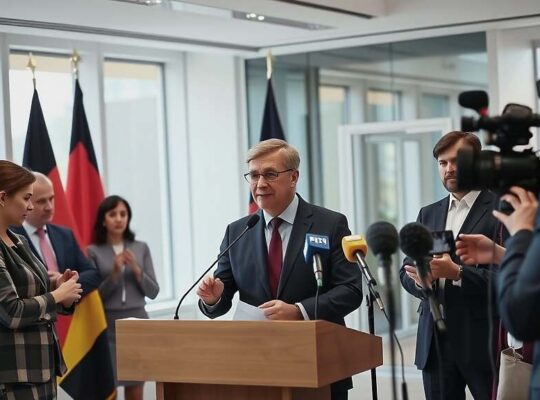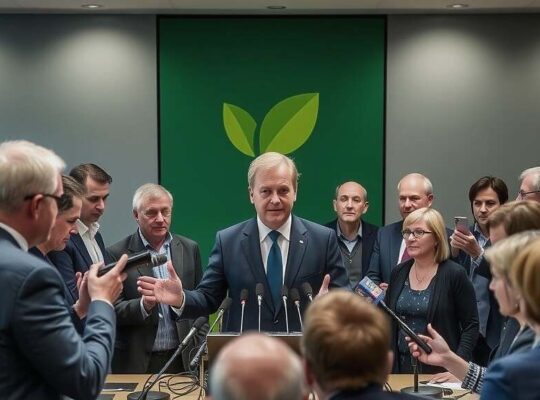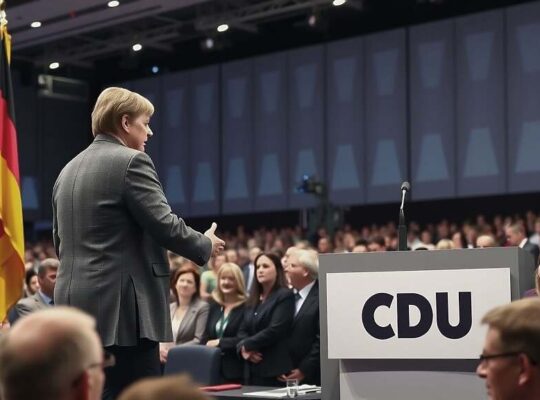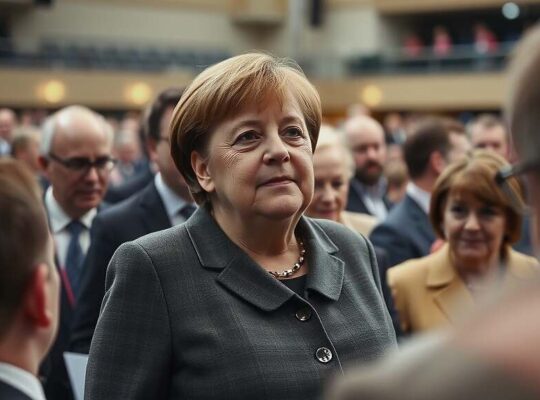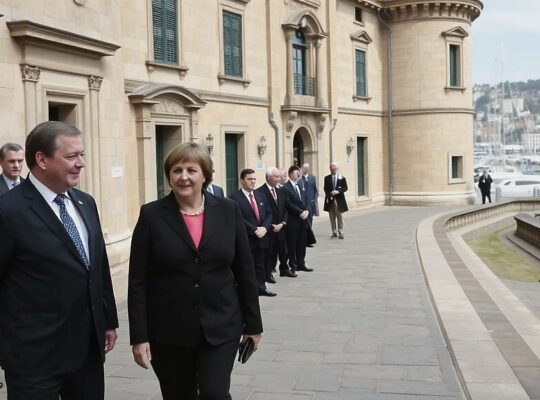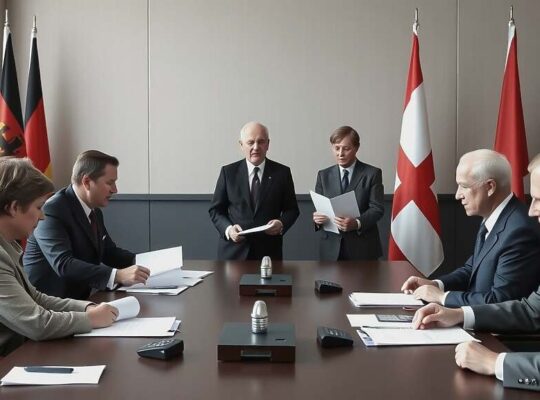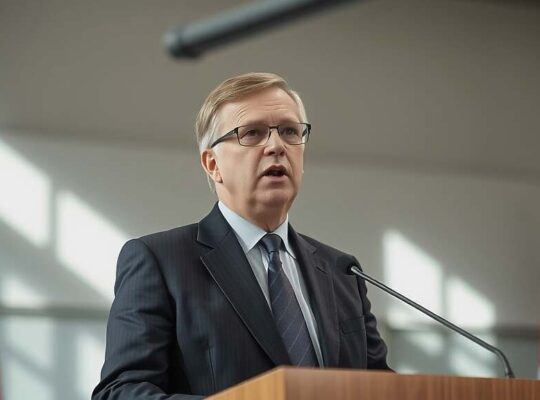A growing chorus of voices within Germany is challenging the left’s traditional stance on antisemitism, sparking a complex and increasingly fraught political debate. Clara Bünger, parliamentary spokesperson for the Left party (Die Linke), acknowledged the pervasive nature of antisemitism, asserting that it exists “across all societal milieus and political spectra” not exclusively within the left-leaning segment. This statement, delivered in an interview with “Der Spiegel”, directly confronts a narrative often employed to deflect criticism.
The debate gained considerable momentum following remarks by former Federal President Joachim Gauck in “Der Tagesspiegel” and has been further intensified by Israeli Ambassador to Germany, Ron Prosor, who, in an interview with Funke-Mediengruppe newspapers, controversially argued that left-wing antisemitism poses a greater danger than that originating from right-wing or Islamist sources, citing its tendency to obscure its true intentions.
Bünger’s recognition of the widespread problem is partially underscored by data from the recent “Mitte” study, which demonstrably reveals the pervasiveness of antisemitic attitudes throughout German society – a fact that casts a shadow on efforts to solely attribute the issue to extremist right-wing groups.
The escalating discourse is testing the Left party’s internal cohesion. While Bünger’s acknowledgement is being heralded by some as a necessary step towards a more honest self-assessment, it also risks alienating factions within the party that remain resistant to confronting historical and contemporary biases. The accusations, particularly Prosor’s assertion about the deceptive nature of left-wing antisemitism, demand careful examination and potentially require a re-evaluation of the Left’s approach to intercultural dialogue and its relationship with the Jewish community. Ultimately, the unfolding debate highlights a critical juncture in Germany’s ongoing struggle to confront its past and address the persistent challenge of antisemitism in all its forms.





